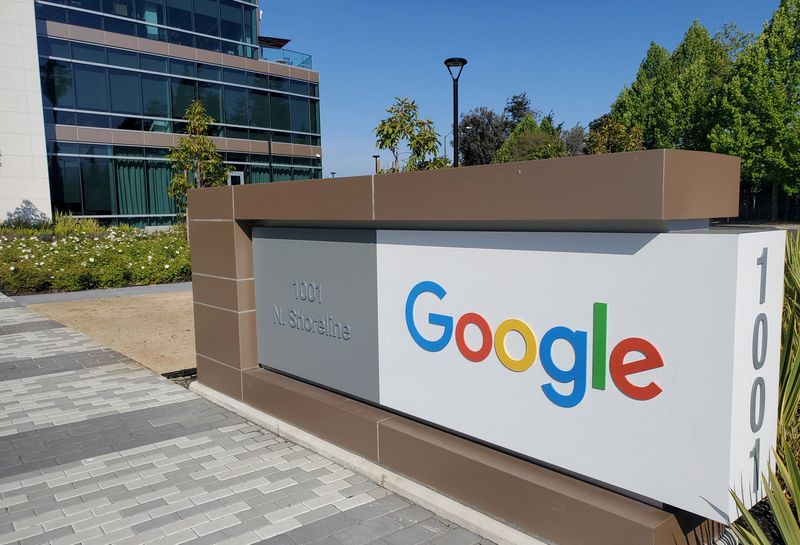Tax Cuts Backfire: How New Hampshire's Business Breaks Drained State Coffers

In the unique fiscal landscape of New Hampshire, the state's revenue strategy diverges from traditional approaches. Without personal income or sales taxes, the state relies heavily on business taxation to fund its operations. The Business Profits Tax (BPT) and Business Enterprise Tax (BET) emerge as the primary revenue generators, collectively contributing up to 40% of the state's total income.
A recent comprehensive report challenges the conventional wisdom of tax reduction as an economic stimulus. While some argue that lowering business taxes could spark economic activity and potentially increase tax revenues, the study suggests a more nuanced perspective. Contrary to popular belief, such tax cuts might actually undermine the state's long-term financial stability and economic growth.
The findings highlight the delicate balance between attracting businesses and maintaining robust public services. By potentially sacrificing critical tax revenue, New Hampshire risks compromising its infrastructure, education, and other essential state programs. This thought-provoking analysis invites policymakers and citizens to reconsider simplistic approaches to economic development and taxation.








